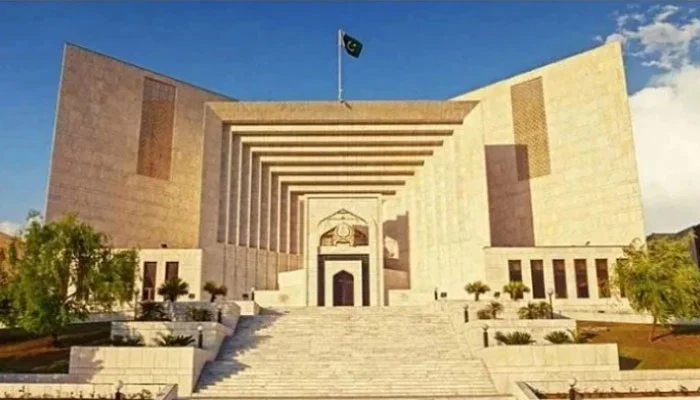33News”
The decision for the full court to take up petitions against the law limiting the Chief Justice of Pakistan’s (CJP) powers is a significant development in the country’s legal and judicial landscape. This move highlights the importance and potential controversy surrounding the law in question.
The fact that the full court is convening to deliberate on these petitions underscores the gravity of the matter and the need for a comprehensive review. The law limiting the CJP’s powers likely has broader implications for the functioning of the judiciary, the balance of powers within the government, and the rule of law in Pakistan.
The outcome of this review will be closely watched by legal experts, political observers, and the general public. It will determine whether the law in question is upheld, modified, or struck down as unconstitutional. Such decisions can have far-reaching consequences for the legal and political landscape of a country, including issues related to the separation of powers, the independence of the judiciary, and the rule of law.
Additionally, the decision to address these petitions before the full court demonstrates the commitment of the judiciary to transparency, accountability, and the principles of justice. It signifies that the judiciary is willing to engage in thorough deliberation and uphold the constitution and the rights of citizens.
In summary, the decision of the full court to take up petitions against the law limiting the CJP’s powers is a significant step in the legal process, and its outcome will have important implications for the governance and legal framework of Pakistan. It is an example of the judiciary’s role in upholding the rule of law and ensuring the proper functioning of democratic institutions.

